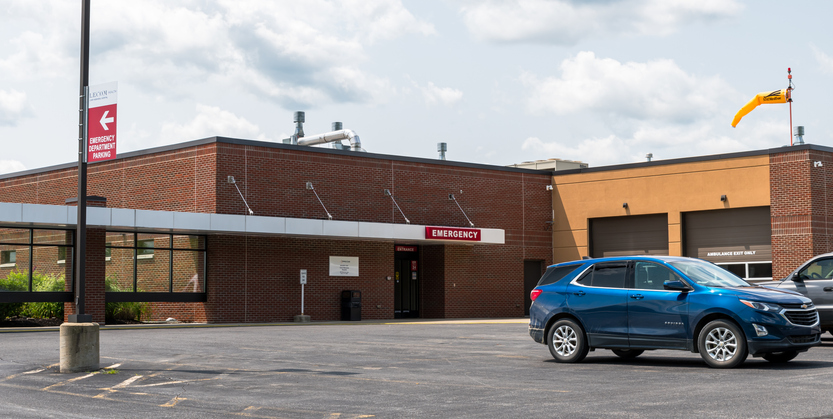Elizabeth Warren and other Democrats have been promising universal healthcare, which will supposedly save more than the $30 trillion to $40 trillion it will cost. Or if the cost is Warren’s $52 trillion, we’ll import more (rich?) taxpayers.
The various plans would end private coverage, later if not immediately, and replace it with a government-controlled, taxpayer-funded program.
One frequently touted benefit is the purportedly low administrative overhead of Medicare, and the end of profits to investors (such as your pension plan) in private companies.
Since their inception, however, Medicare and Medicaid have been plagued by waste, fraud, and abuse, variously guesstimated to be 10%, 20%, or more. Despite an escalating war against doctors, these estimates remain the same.
A recent study of the ACO (Accountable Care Organization) model from the Affordable Care Act (Obamacare) showed a net savings—to the government—of $10.46 per beneficiary/month.
A featured article in JAMA suggested that perhaps a whopping 6 percent of total spending might be saved by managed-care methods.
Meanwhile, people participating in health-sharing ministries report saving $500 per month or more, the difference between their sharing contribution and the amount they were paying to a health plan. People enrolling in short-term, limited-duration plans may be saving as much as 80 percent of the premiums they would be paying for an Obamacare plan.
It’s simple logic: it is absurdly expensive to run all routine expenses through a third party. It costs about as much to process a claim for a flu shot as for a gall bladder operation, and the huge collective pot of other people’s money is an irresistible target for profiteers.
The way to save trillions, while preserving access and excellence, is to put patients, not government or insurance bureaucrats, in control of their own money.
For further information, see AAPS News, November 2019.



